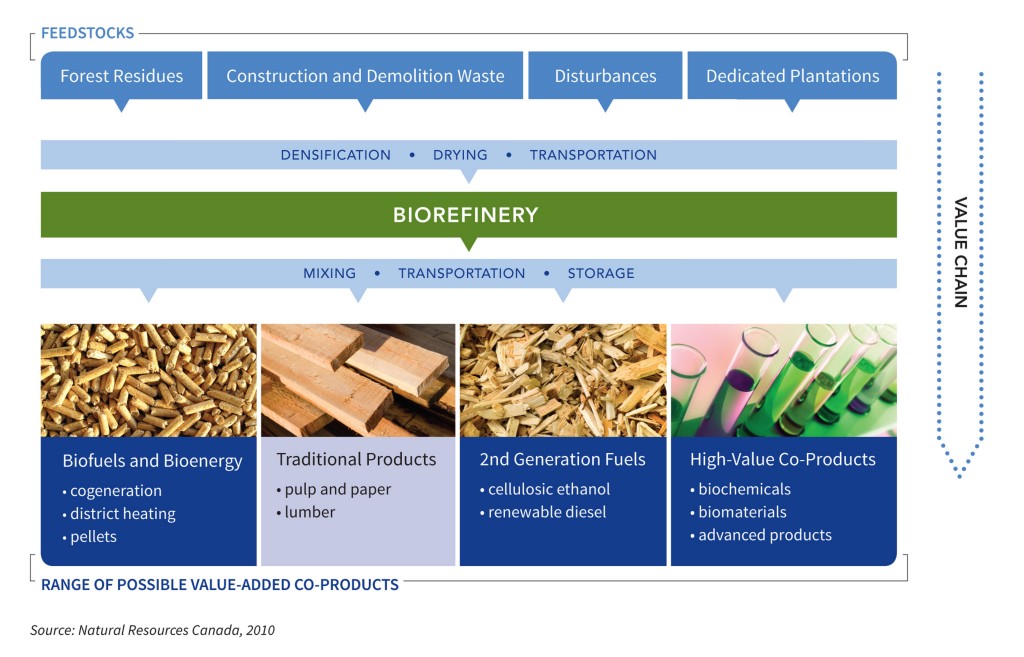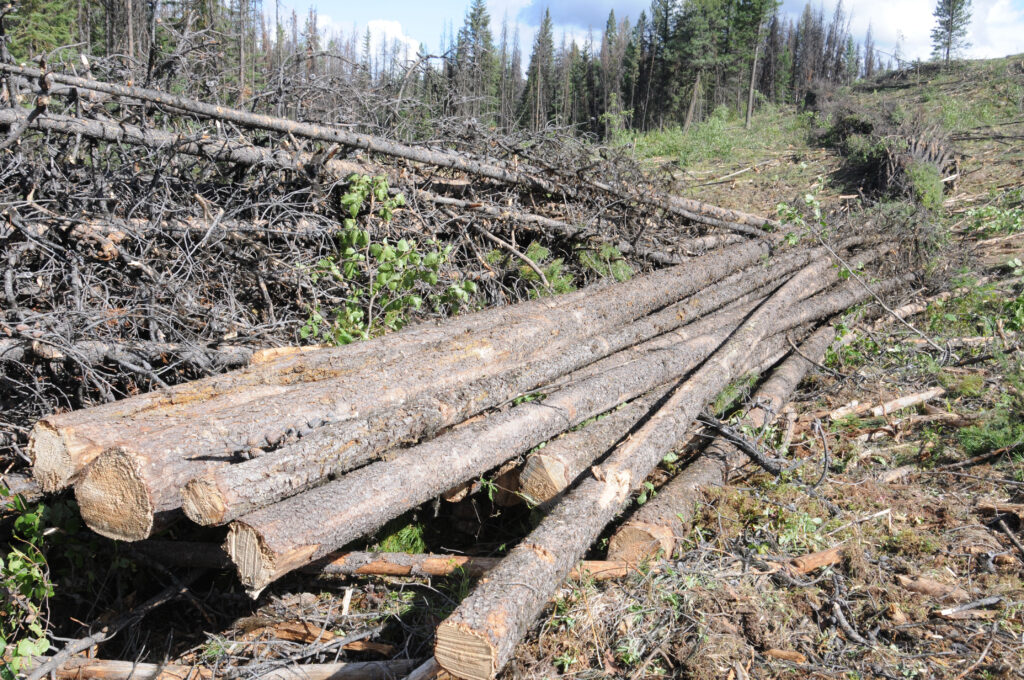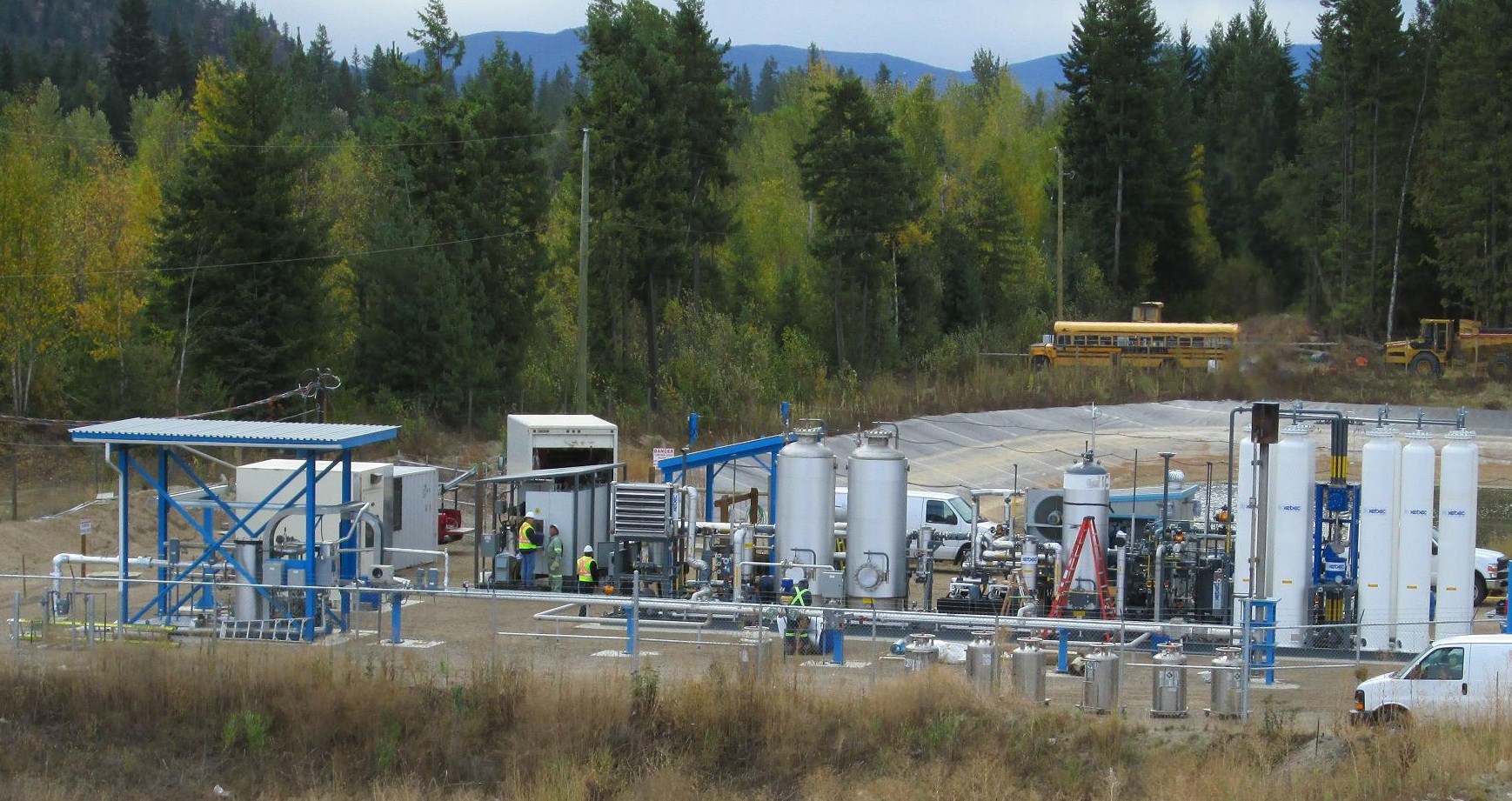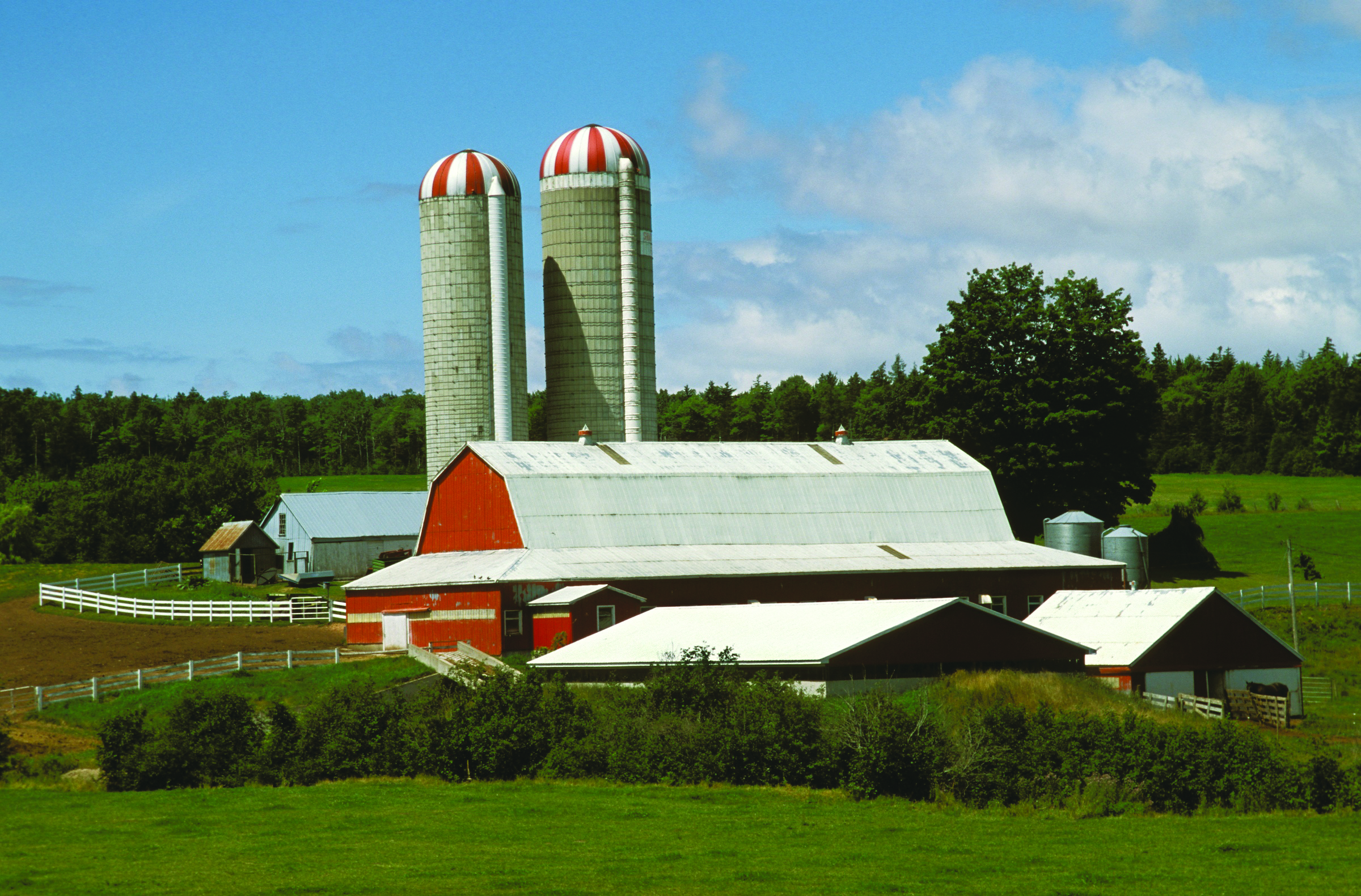Our Work
Our Role in The Bio-Economy Test

What is bioenergy?
Bioenergy is derived from organic materials including wood waste, agriculture crops, animal manure, food waste, as well as municipal waste streams (solids, waste water and landfill gases). Through conversion processes, this organic material can be transformed to produce electricity, heat, biofuels, bioproducts and specialty chemicals.
Our Value
BC Bioenergy Network (BCBN) is building British Columbia’s new bio-economy by championing bioenergy development and creating greater value from our biomass resources.
We accomplish our mandate through four major initiatives:
01
Investing
02
Supporting
Supporting capacity building projects from evaluations to planning and technical feasibility studies.
03
Information
Providing information on the bioenergy sector, including feedstock supply, technologies, end products, projects, companies, industry events and news.
04
Sponsoring
Sponsoring educational events, conferences and workshops; advocating to attract world-class bioenergy events to the province.
The Development of Biomass Waste Streams
BC Bioenergy Network supports the development of electricity, heat and valuable fuels using biomass from organic materials, including wood waste, agriculture crops, animal manure, food waste and all forms of municipal waste.
Multiple conversion technologies apply in the development of biomass waste streams, including biochemical or thermochemical conversion, anaerobic digestion, aerobic decomposition, combustion, densification and gasification.
Learn more about our biomass projects.

Forest Sector
- Using by-products from sawmills, pulp mills and other forest operations to produce bioenergy, biofuels, biochemicals and bioproducts.
- Forest biomass can be converted into ethanol, bio-oil, and bio-crude feedstocks used by fuel suppliers.
- Harvesting of biomass and its densification as fuel inputs for a variety of energy processing systems.
Municipal Sector
- Collection and utilization of landfill gases.
- Reclaiming heat and biogas from municipal wastewater treatment systems.
- Utilization of municipal solid waste to produce energy in the form of heat, power and renewable gas.


Agriculture Sector
- Using animal waste and crop residues to produce renewable natural gas, heat, power, and fertilizer.
- Using fats, oils and greases to produce low-carbon fuels through co-processing at BC refineries.







